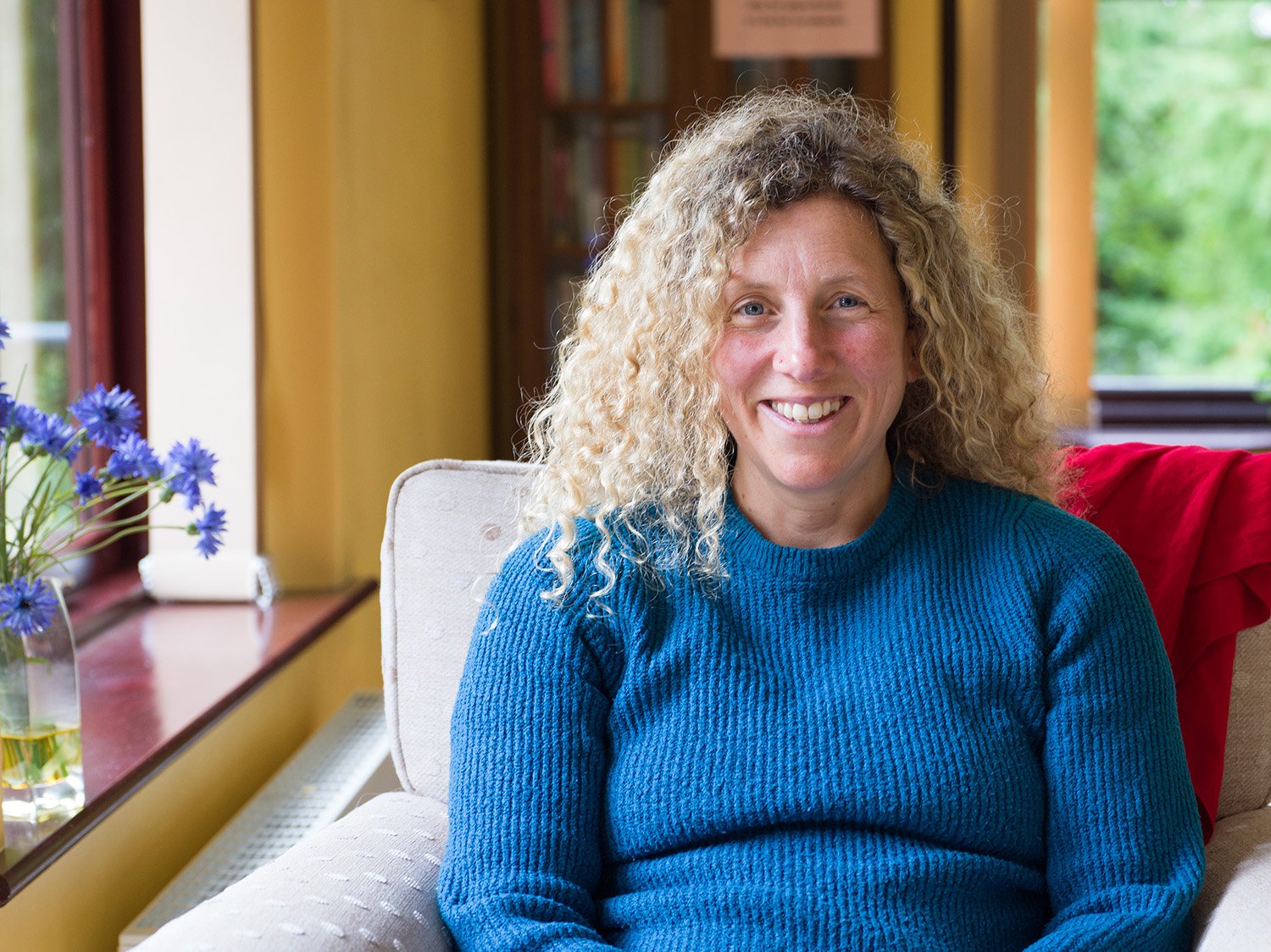What matters most?
Cecilia
Cecilia’s mum Ann died in January 2023, after being diagnosed with secondary cancer in the previous November. Ann lived in Llandrindod Wells with her husband Vic and was a huge part of the local community.
“She was brilliant: Adventurous, loved the outdoors, and walking. She did quite a few long distance walks. Her partner Vic and mum did Land's End to John O'Groats with a tent, just them, they did the whole coastal path of Wales. There's a famous walk in Europe, called the Camino de Santiago that they did as well it took about three months. They were really into having adventures later in life.”
Her mum's health issues started in 2020 coinciding with the start of the COVID-19 lockdown in the UK. “I remember the very first day that lockdown was announced my mum had to go to the hospital to get the results of a biopsy. I thought it was strange that she had to go there when no one else was allowed to leave their house. Obviously, that's because it was bad news. She had cancer, the biopsy showed that she had cancer of the oesophagus. So, during that time, from March, up until September, she started going to appointments and had lots of tests and scans. She had chemotherapy and radiotherapy over six weeks that summer.”
The cancer didn’t respond well to the chemotherapy and radiotherapy and Ann needed to have an operation to remove her oesophagus. It is a huge operation where the stomach is stretched to form a new oesophagus. “They had to be sure that she was fit and healthy enough for this operation because she would have been 77 at that stage and it's a big operation. The operation itself was going to last eight hours, and then it was like two weeks in hospital to recover. They felt like they had got the whole cancer out by doing that massive operation. She recovered from that. We all learned a lot about medical science during that time and we're amazed by it.”
Whilst she was in hospital after her surgery Ann had to learn to eat and drink again and be able to pass a test called the swallow test. She was advised that it could be a long road of recovery, about 12 months, and that there could be other side effects from the operation. “There were a few problems afterwards, but she dealt with them all well. We just had some laughs about things that happened, like fainting in the toilets, and cleaning up after her and things like that, she always dealt with it well so she made it easier for all of us by being brave. She didn't really get 100% better from that but she was back to a kind of a normal life, she went out walking and started to feel really good again.”
It was during one of her walks when Cecilia’s mum slipped on ice and ended up breaking her hip. A stay at the hospital was needed and a metal plate was placed in her hip. Another road to recovery was started, which included physiotherapy. “The physio would come around to the house and be impressed with mum, saying ‘I've never seen anyone recover this quickly from a broken hip, you're doing amazing.’ She was so determined to be walking again and recovered fully.”










